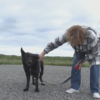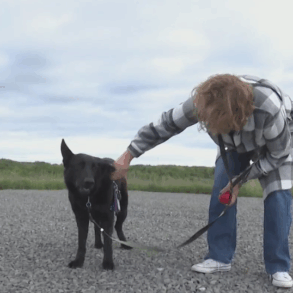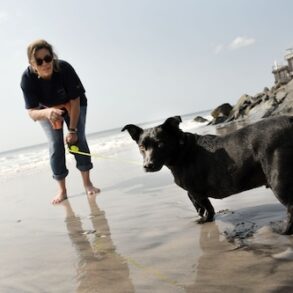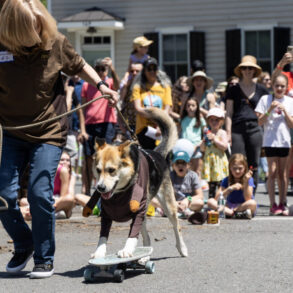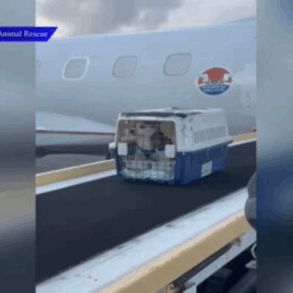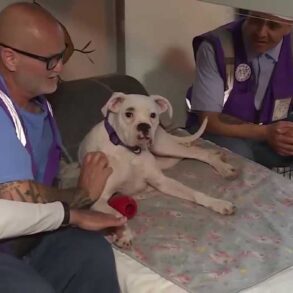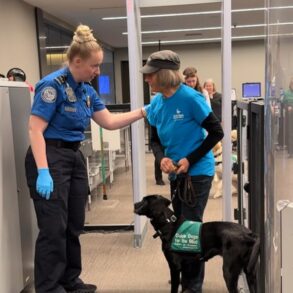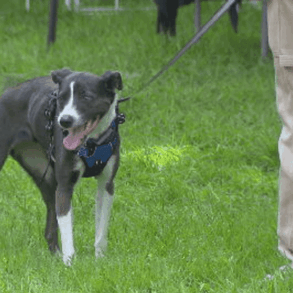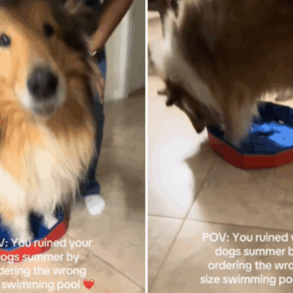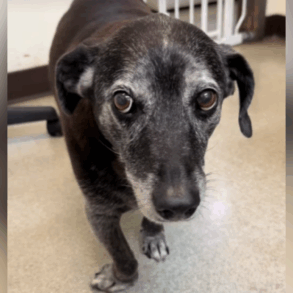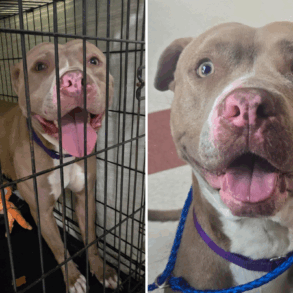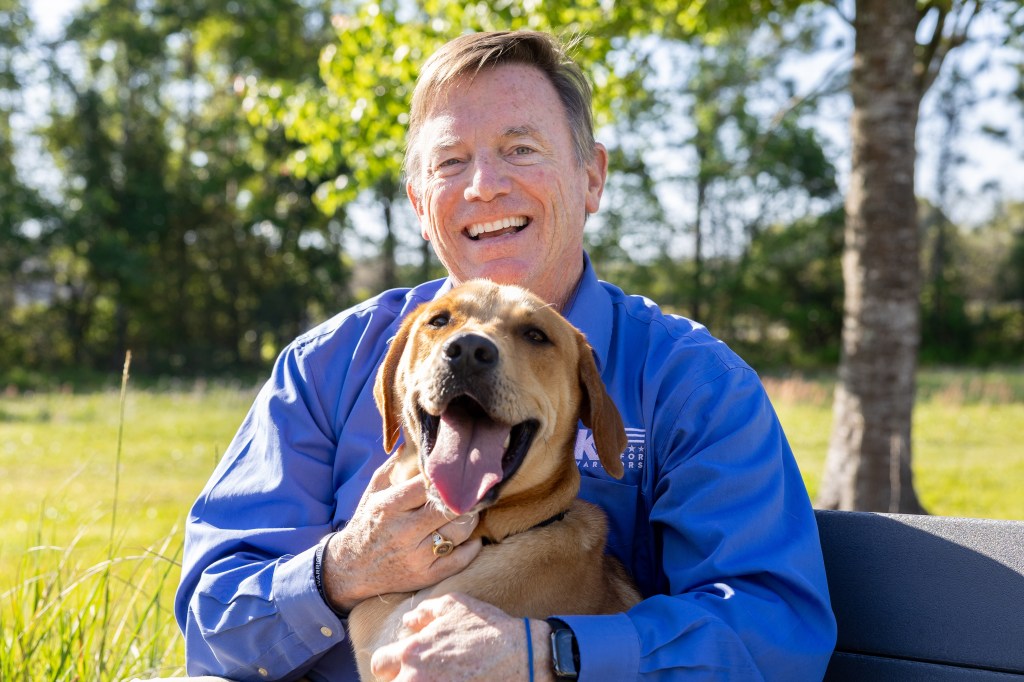
Veterans’ mental health is in epidemic mode, and each day we do not act to mitigate this crisis, is another day more than 20 American heroes commit suicide.
This is no exaggeration. Studies indicate that about 600,000 Iraq and Afghanistan War Veterans have Post-Traumatic Stress Disorder (PTSD) — the primary factor in suicidal ideation — and upwards of 15% of Vietnam veterans are still dealing with PTSD related issues. These numbers are actually much higher because they only account for veterans who seek treatment through the Department of Veterans Affairs; only about 50% use their Veterans Administration benefits.
Florida is home to the largest veteran population in the country with 1.4 million living in the state. Given that between 20% and 30% of veterans overall are afflicted with PTSD, that means that upwards of 300,000 are trying to overcome the darkness they face from the invisible wounds of war, in what is supposed to be the Sunshine State. More alarmingly, suicide death rates among veterans in Florida are about triple that of the general population — 40.4 per 100,000 compared to 13.1 per 100,000 — despite myriad initiatives, including the Florida Governor’s Challenge, to mitigate the problem.
Daytona Beach resident Carlos Cruz could have been just another veterans’ suicide statistic. He served as a military police officer and dog handler in the Army. In the war on terror in Iraq and Afghanistan, Carlos worked with dogs trained to sniff out bombs and improvised explosive devices during one of the most stressful periods of his two decades in the military. Every day, he was seconds from a horrific death.
By the time Carlos came home, he had severe PTSD — so much so that he didn’t even want to leave his house. Often, he’d sit in his dark living room, a gun in his lap. Knowing he desperately needed help, he found K9s For Warriors, the Florida-based national organization that rescues dogs, provides them with specialized training to become Service Dogs, and then pairs them with veterans suffering from PTSD, as well as traumatic brain injury and military sexual trauma, at no cost.
Carlos was paired with a black Labrador named Hanna and they’ve been together for seven years. Hanna provides Carlos with a sense of normalcy he thought he’d never get back. They and his family now love going to the Orlando theme parks.
Carlos got a second chance. Veterans like him want and deserve the same, living a life of dignity and independence; they need to know they are not alone. That’s what service dogs do. Last year, the first National Institutes of Health-funded clinical study of its kind, led by Dr. Maggie O’Haire of the OHAIRE Lab at the University of Arizona College of Veterinary Medicine, linked the pairing of service dogs with military veterans to lower PTSD symptoms compared to those without service dogs.
There is now a significant national opportunity to provide that second chance for countless other veterans at risk in Florida and beyond. All it requires is for Congress to immediately pass the Service Dogs Assisting Veterans (SAVES) Act. The bipartisan, bicameral legislation — which was reintroduced in the House recently by Reps. Morgan Luttrell (R-Texas) and Morgan McGarvey (D-Kentucky) and in the Senate by Sen. Thom Tillis (R-N.C). and Sen. Richard Blumenthal (D-Connecticut) — would establish a five-year, $50 million VA-administered grant program for eligible nonprofit organizations dedicated to providing service dogs to veterans with various disabilities, including those with PTSD and traumatic brain injuries, as well as those with visual and mobility impairments.
The funding is critical, as it costs upwards of $50,000 to train a single service dog over a six- to eight-month timeframe. Exacerbating the situation, the demand for service dogs isn’t slowing down, it’s greater now than ever before. Thousands of veterans are on the wait lists of service dog organizations — at K9s, we have nearly 400 veterans waiting to be paired with their canine battle buddies and nearly the same number of applications are being processed. With veteran lives on the line every day, the time to act is now — and especially when the VA is targeted for massive personnel and budget cuts.
Veterans and active military personnel with PTSD, TBI, MST, suicidal ideation and other mental health challenges cannot keep waiting for help. For all they have sacrificed for us, for the freedoms we enjoy and cherish, we have a national obligation to ensure that they are never marginalized. For them, the SAVES Act can do just what its name implies — save their life.
Daniel Bean, a Florida resident, retired Navy veteran, and Legion of Merit recipient, is chief executive officer of the Florida-based K9S For Warriors.
This post was originally published on this site be sure to check out more of their content.

